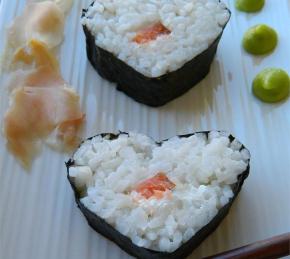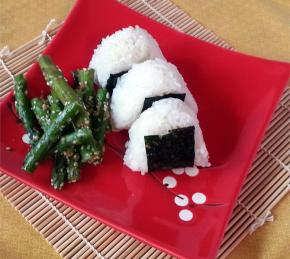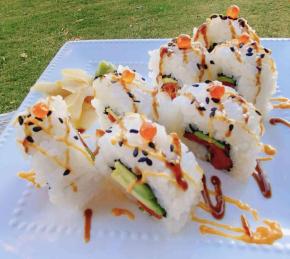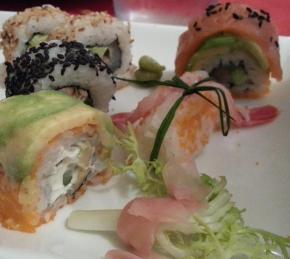Japanese recipes
Useful Tips
Japanese cuisine is known for its unique flavors, elegant presentation, and health benefits. From sushi to ramen, Japanese cuisine has a wide variety of dishes that are enjoyed all over the world. Here are some of the most interesting and unusual features of Japanese cuisine and the benefits of Japanese recipes.
-
Umami flavor: Japan is known for its fifth basic taste, umami. It is described as a savory, meaty flavor that is found in ingredients such as soy sauce, miso, and dashi broth. Umami is a key component of Japanese cuisine, and it adds depth and richness to many dishes.
-
Seasonality: Japanese cuisine is strongly influenced by the changing seasons, and ingredients are used when they are in season. This ensures that dishes are fresh, nutritious, and flavorful. For example, cherry blossom season is celebrated by incorporating sakura leaves and petals into dishes and drinks.
-
Bento box: The bento box is a staple of Japanese cuisine and is often enjoyed as a packed lunch or picnic. It consists of a compartmentalized box filled with rice, protein, vegetables, and other side dishes. The colorful and well-balanced meals are both appealing to the eye and delicious.
-
Fermented ingredients: Fermented ingredients such as miso, soy sauce, and pickled vegetables are commonly used in Japanese cuisine. These ingredients not only add flavor but also offer numerous health benefits, including improved gut health and a stronger immune system.
-
Healthy ingredients: Japanese cuisine is known for its focus on health and wellbeing. Many dishes use healthy ingredients such as fish, seaweed, tofu, and vegetables. These ingredients are low in calories, high in nutrition, and contribute to a balanced diet.
In conclusion, Japanese cuisine is unique and offers numerous benefits to those who enjoy it. The use of umami, seasonality, bento boxes, fermented ingredients, and healthy ingredients are just some of the interesting and unusual features of Japanese cuisine. Eating Japanese food is not only a delicious experience, but it can also have a positive impact on your health.














